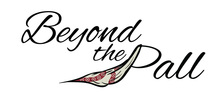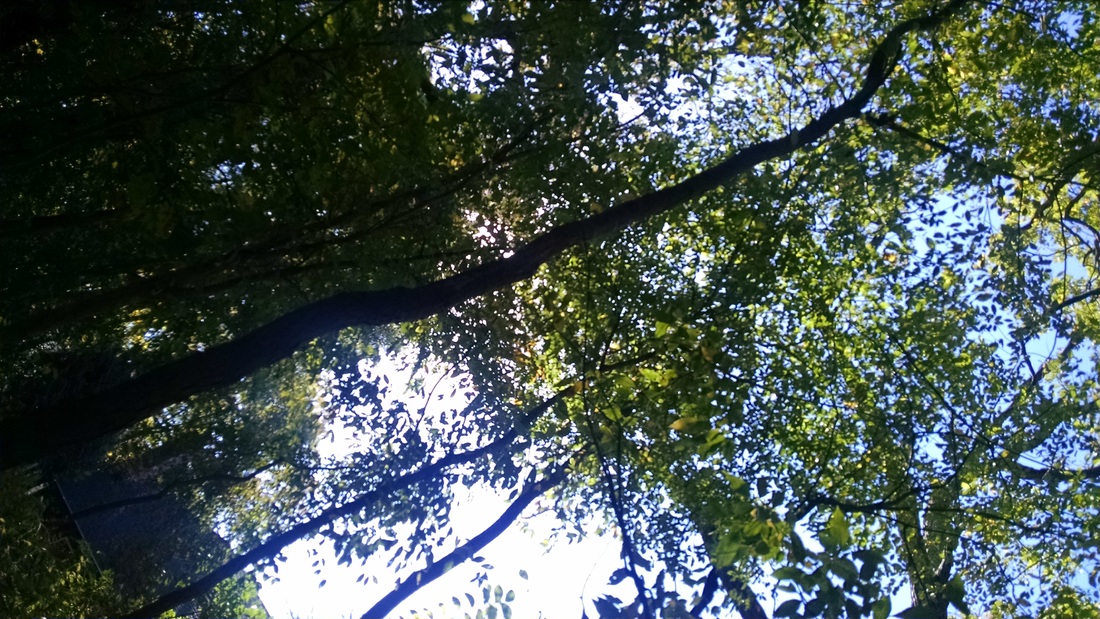One of the claims put forward by the conventional industry is that returning our rights and giving us choices would open the floodgates to clandestine graves. This is one of the most ridiculous claims I have ever heard. People who want to care for their dead in their own homes come to this decision from a place of love and respect. I dare say, this is how most of us come to the care of our loved ones at the time of their death, even those who desire to work with the conventional industry. For the people who want to care for their loved ones at home, want to prepare the body, and have a simple process without the pomp and interference from an industry. They want to control the rituals, if any, and care for the loved one the way they see fit. That all sounds very American to me. What I note in all that I have read, researched and experienced about home funerals is that people wish very much to follow the law, but they also want to keep their process simple. People want very much to fill out the forms needed: a death certificate, a permit to transport a body, and a permit for burial. I have found no one who wishes to break these laws to bury their loved ones. In fact, I think everyone agrees that we need to document the person’s death, and keep their body safe following their death. We all want documentation of the person’s death, as we need one of his or her birth. A person’s life is well worth noting.
When I worked in the cemetery, I noted how sweet and intimate a burial was when the person was cremated. Once cremated, the family has so much more freedom to express the life and death of the person they love. They did not need a funeral director for the burial. They could meet when the family wants as long as the cemetery agrees. How simple it could be for families who wish to care for the body of the person who has died in the family home, washed and dressed by people who loved and knew them. In some other cases, a family might request a home funeral guide who knows the process on a professional level. Once the funeral is in the care of the family, and not in the hands of an industry, the funeral and burial takes on a more intimate and personal nature. Why can’t we allow this? Why can’t faith communities have people who know how to fill out these forms? Why can’t people in hospice have this knowledge? Why can’t we hire whom we want to fill out these forms? Do we all really need to have an education in embalming and development of a business to fill out these forms? As long as the law is followed, the death duly documented, what is the problem? There is no room for clandestine graves, if we have the document trail and the grave in question is registered with the state. Home funerals will not open the floodgates to clandestine graves. They haven’t for centuries. We are not out to illegally bury our loved ones. We are simply out to love them one last time in the way we choose. We have laws to cover any illegal burial; we need not fear the average family. I am still unsure of the resistance from the conventional industry. I do not see throngs of people wanting to have home funerals. Most people are squeamish about handling the dead. We just want the choice to decide for ourselves what is best for our families, not stop other people from building a business. If we are not offered a choice there is no real freedom. One wonders when did the state become so interested in a private business that the state goes to such lengths to make it mandatory that every citizen purchase services from that private entity. One does wonder.


 RSS Feed
RSS Feed